How to Successfully Work With a Wedding Planner, Written by a Wedding Planner!
February 20, 2023
In my 20 years of experience in this field, I have worked with so many different kinds of clients, companies, brands, and couples. Each one taught me something – sometimes positive and other times more of a learning moment that maybe wasn’t so great. Although learning all kinds of insights in life is the key – so I am grateful for all of the lessons.
Speaking of those lessons and insights, it occurred to me this morning during my morning visit to the barn with the dogs (my pups and I are all sunrise lovers so we are up every morning to enjoy it, and sometimes we share breakfast with Jack, my horse, he happens to love bananas!, LOL) that I can actually reverse engineer my insights and share how to get the most out of an experience with a planner. In the meantime perhaps we can release into the universe some great little nuggets of wisdom that make for a wonderful 2023 wedding season. I am so up for that!
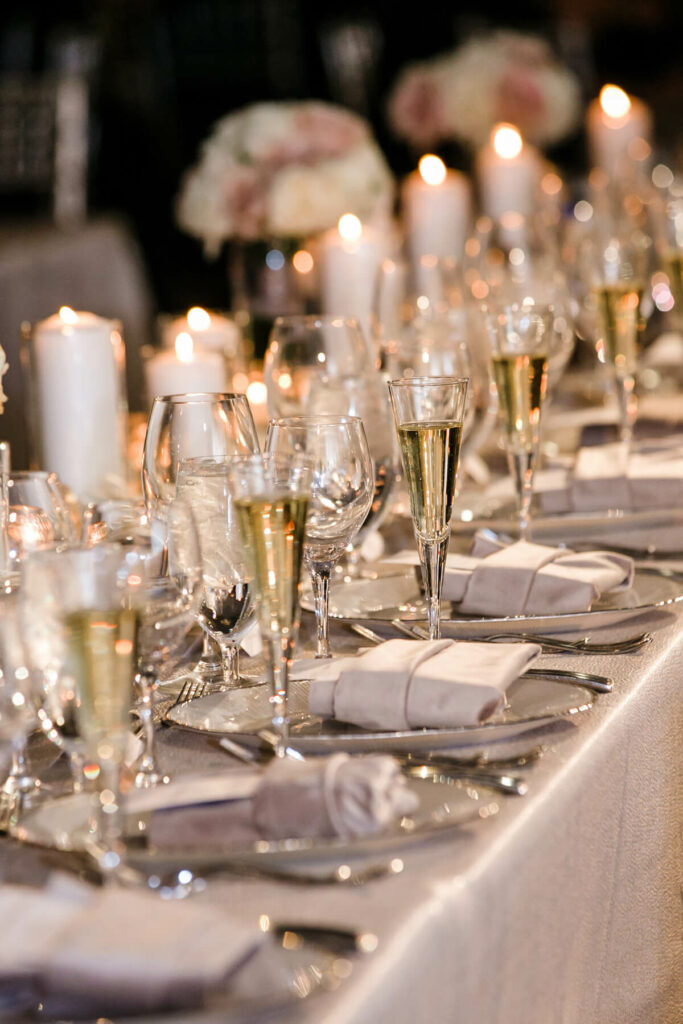
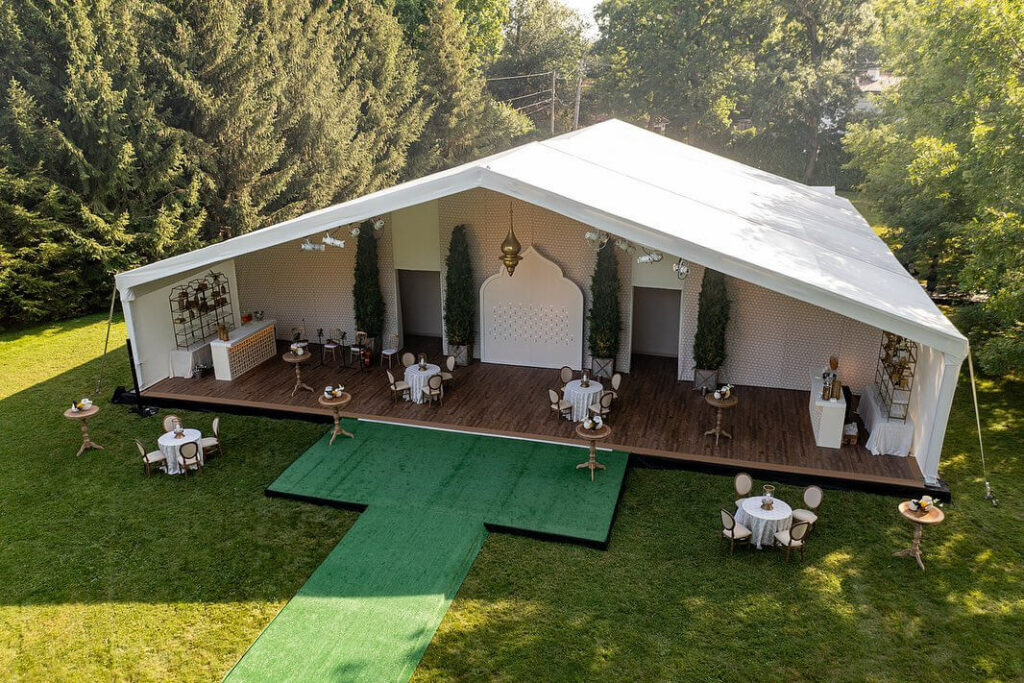
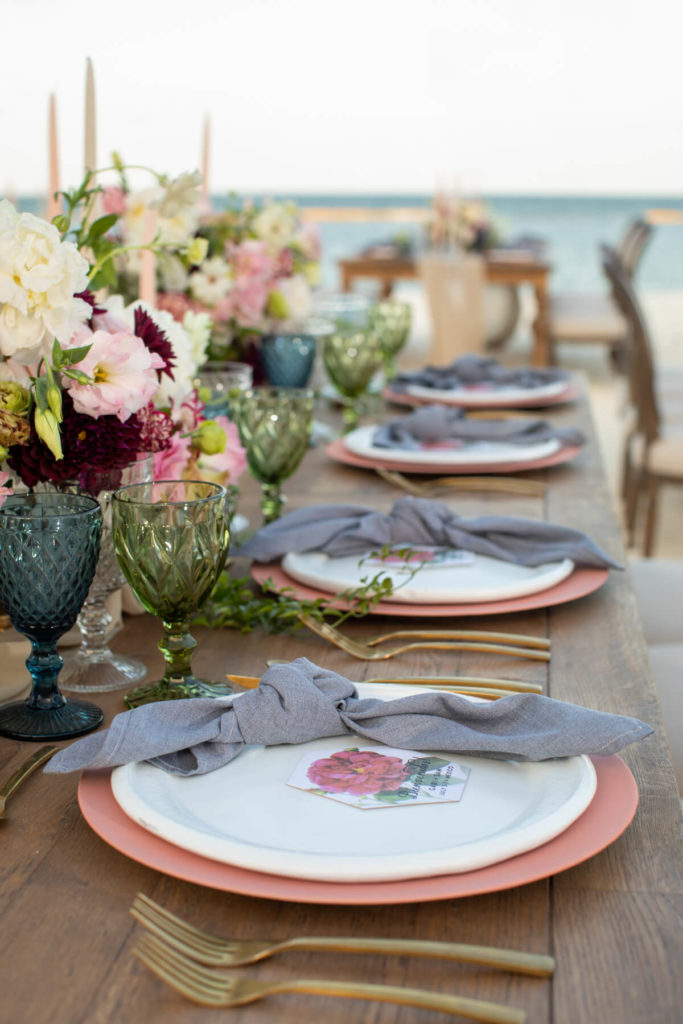
Ok, so let’s begin right here:
Investing in a planner is a big investment, but your wedding is also a big investment, isn’t it?
So, investing in the expert who helps to track those less fun elements like expectation management and providing solutions, like when your outdoor wedding is in the eye of a tornado, to managing all of the benchmarks in the pre-production process (psst – “pre-production is what I call the planning process because the “production” is the wedding day) as well as wrangle vendor communication, keep track of your sanity, make sure that you order enough wine glasses on your rental order, and the ever important, incredibly integral to a successful day, timeline creation (drumroll please!), editing and ultimately distribution and management. Whew – and that was just before my first sip of coffee as I type here.
Essentially the basics of our job are pretty well known, but much of what we do does go unnoticed until a client is really in the planning process. And we can get to that (in a different blog) but let’s start right off the bat with the very first thing a potential client does – reach out to the planner as an inquiry to learn more.
Each planner has a process that works to assist with processing inquiries, mainly because we are looking for the most information possible from the moment you cross our path. Being secretive about budget or an expectation you have is not going to help you as a client, and it will definitely hinder the planner later in the process. So, tip number one for successfully working with a planner? Be transparent and include everything in your inquiry from dreams to realities. This also includes the dreaded “b” word: budget. The more we know as planners, the better we can determine what kind of planner is the best fit, if *we are the best fit, and if what a client is requesting is feasible within the budget.
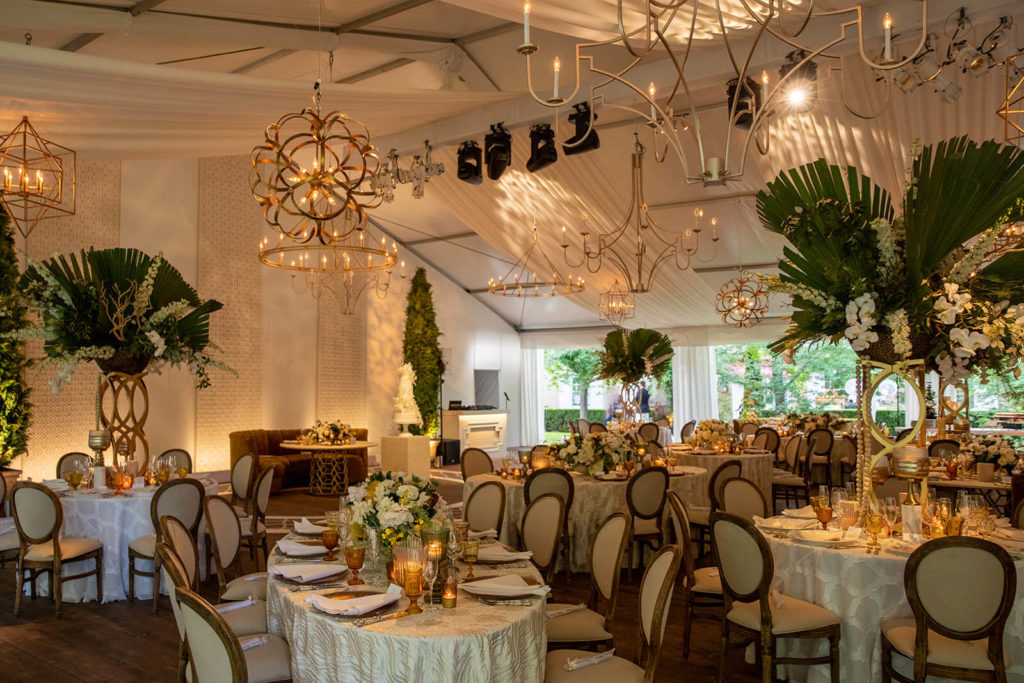
Tip number two: get to know the planner that interests you.
I highly suggest you find out a little bit more about the planner you would like to work with. Social media is a great place for this – utilize LinkedIn and Instagram and their bio on the company website. What is the background, for example? Does this person come from a venue management background? Or perhaps new to the industry? Or is this person someone, like myself, who has planned and produced events her entire career? Does this person have mad skills at creating a gorgeous tablescape after experience working at a rental company? Is his, her or their background more food-based? Learning the strengths and passions of the person you are considering as your planner will give you a more in-tuned sense of ways they’ll be able to help with your wedding that might not be evident within a proposal.
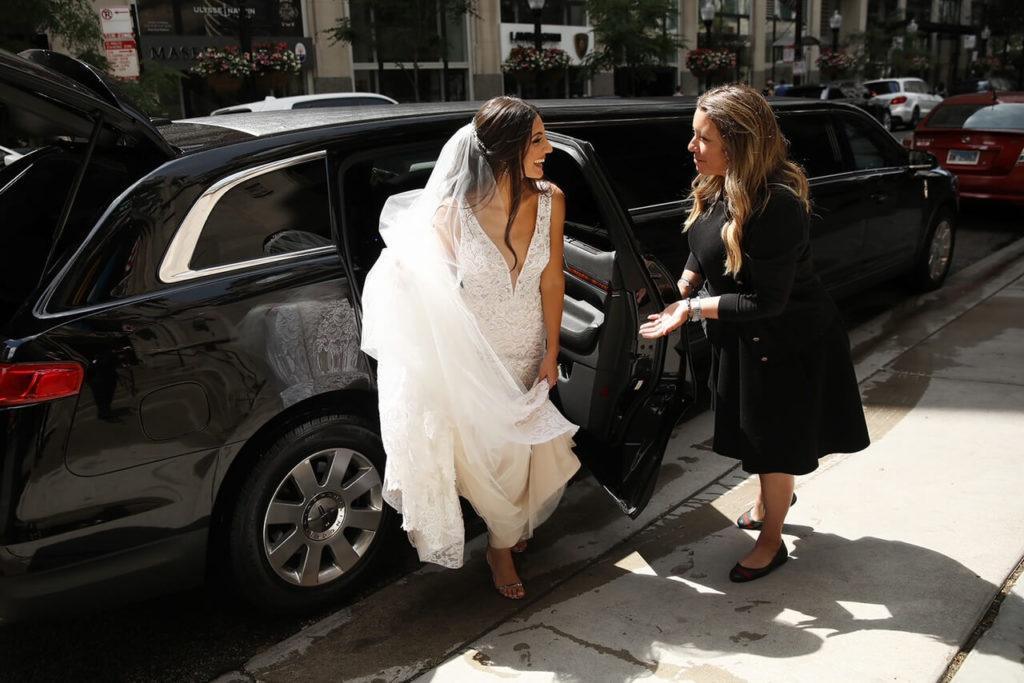
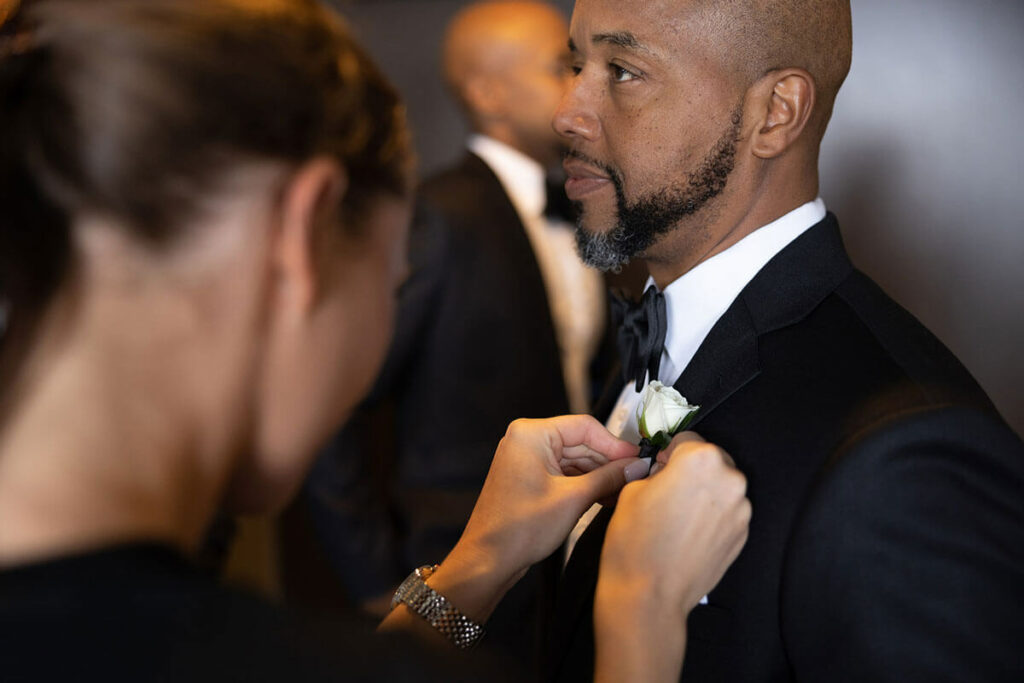
Additional tip (we can call this 2.5): Think about how these strengths will play into (or against) your own. Is this person someone with a style that catches your eye? Let me provide an example; my clients tend to be very intelligent individuals with some real creativity within their personalities. My clients are often motivated, competitive, and oftentimes even equestrians, like me! Many of them are also in hospitality, like me. My point is that as a planner, I tend to attract clients who see something in me that resonates with them. I love when in the course of an inquiry call someone asks me about something they have read or learned about me – it gives us a chance to have a real conversation and see if our energies are the right fit, in addition to our capabilities.
What’s next? Make sure you take a look at the work this planner and company overall is doing. Check out the portfolio. If you are looking for a grand Villa wedding in Tuscany and this planner specializes in intimate weddings within the states, perhaps it is not the right fit.
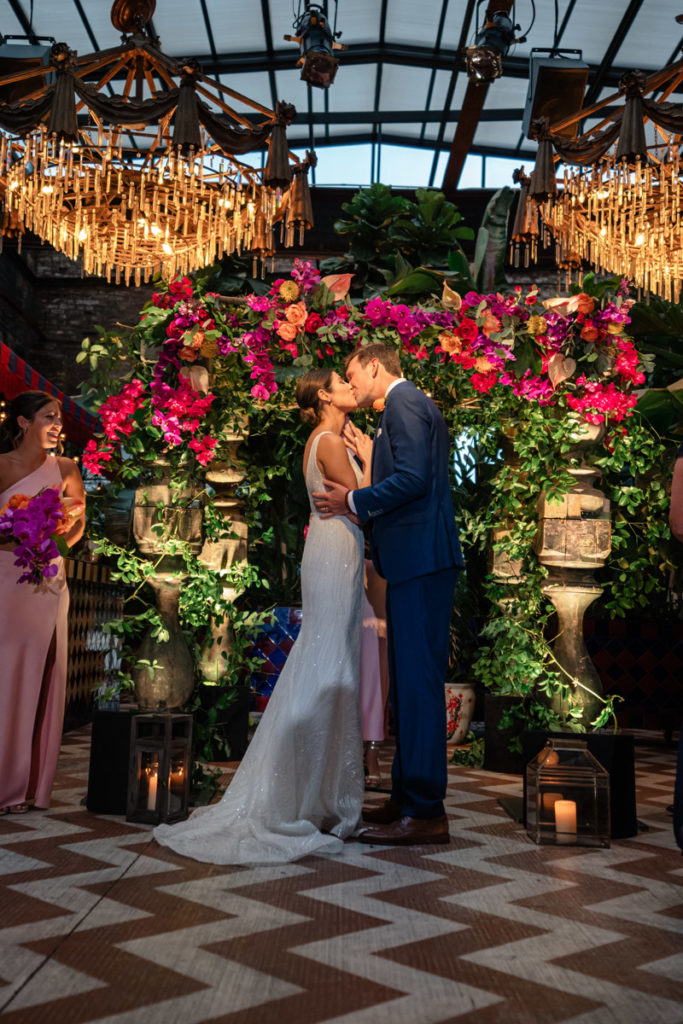
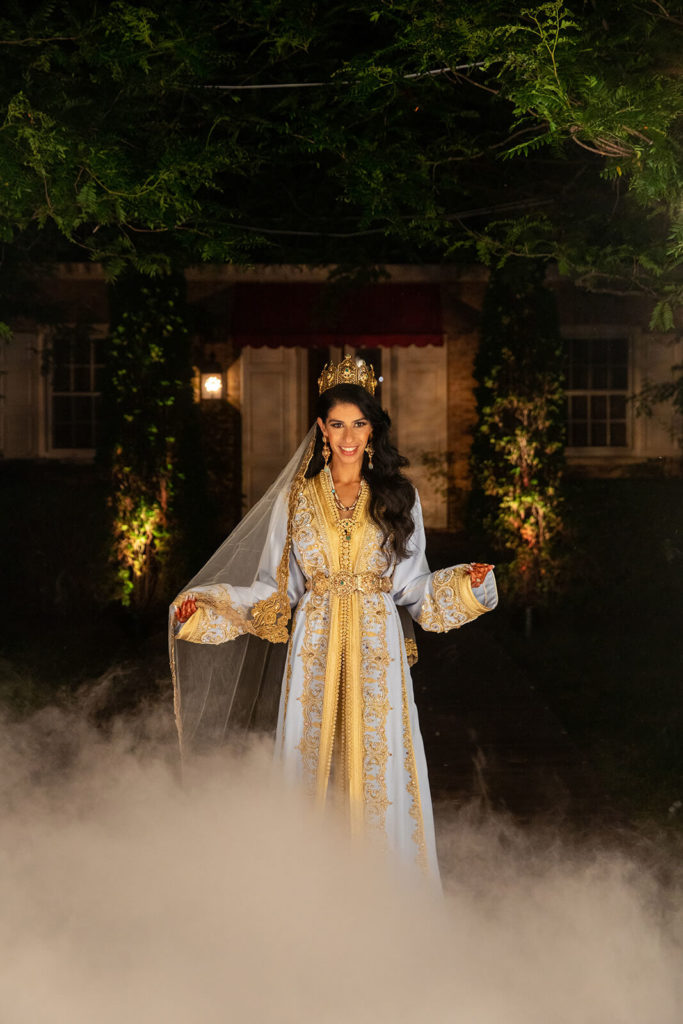
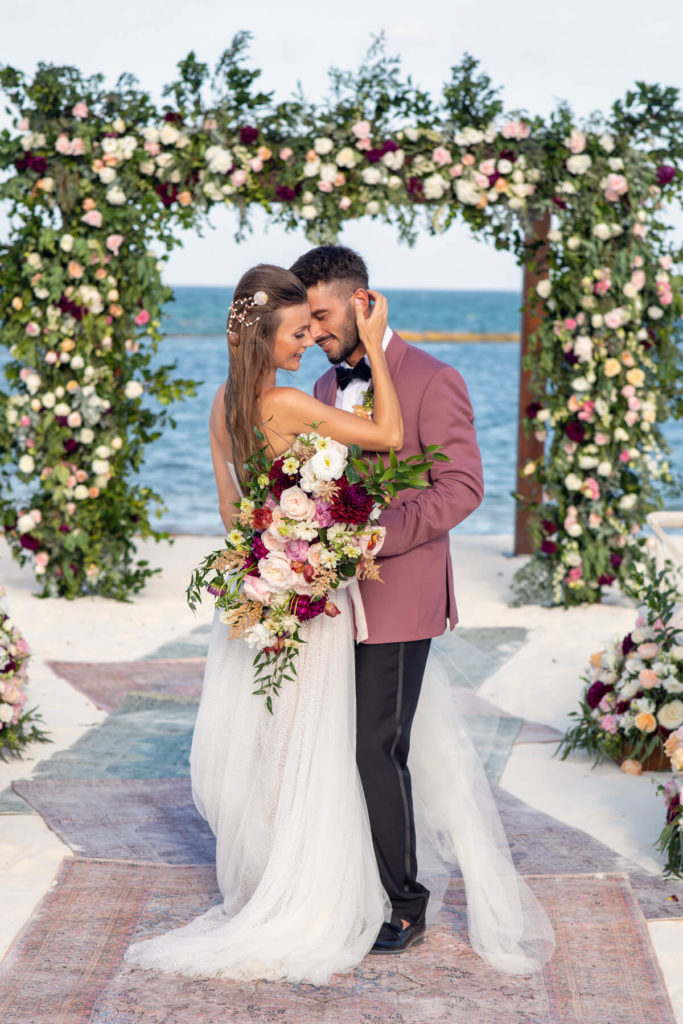
After that, narrow your list down to three (if you need to) that you are thinking of hiring. Then ask for a formal proposal/contract and read everything, more than once. Make sure to include your fiancé and any family associated with the finances and decision-making within the wedding planning process. Many planners include very specific information within their contracts pertaining to policies and procedures that clients should be aware of and make sure they understand. This is a great time to politely ask questions too.
However one of the questions should not be “can we negotiate the price.” To plan a wedding takes many dozens of hours a week – hundreds of hours a month. Here we are at point 2.75 now: There is significant leg work and production logistics involved in the planning process and that all takes time. The client considering that planner is purchasing that time, and along with it: the knowledge, insights, style, and problem-solving capabilities of said planner. Throw into the mix the planner’s network of creative partners, on-site management experience, and ability to communicate effectively within all of the moving parts of the planning process, and you are beginning to see the tip of the very substantive iceberg that is a planner’s role. So let me respectfully be very clear, please do not negotiate pricing.
Let me provide you with an example; within the restaurant industry as a managing partner of my family’s 82-year-old restaurant (I am third generation), it is my job to delve into food cost, labor, business expenses, building expenses, and everything that adds up and impacts pricing. That pricing is listed on a menu, right? And we never walk into a restaurant and try to negotiate that entree. Why? Because most of us are educated on the fact that there is a formula behind the number. Well, my beautiful friends and potential clients, the same goes for wedding planning. So, there you have it. Now the proposal is in hand and the planner has explained that it may be valid for a certain number of days or that he, she, or they will touch base on x date.
This brings me to point number three, and it is a doozy! Remain in communication with the individuals that you have asked to receive proposals from.
Creating proposals takes time as does speaking with an inquiry. When a planner does all of the work, making sure to be available when the potential client would like to speak and then spending time explaining the process, we hope to hear back even if it is to tell us “no thank you” or “we decided on a different direction.”
Please believe me when I tell you that we can handle rejection. And while we would of course prefer to always hear a resounding “yes!” when sending a proposal, we also understand that not every client is for every planner. We would MUCH rather know that you have moved in a different direction or that you are moving forward with us. This recently growing movement of asking for a proposal and then never replying is not only impolite, but it impacts business. While most of us are passionate about what we do, this is also our livelihood. And one that we balance within our lives which are often full and include family and many other beautiful responsibilities. So, I humbly and respectfully request that you let a planner know (and *any vendor for that matter) where you are at throughout the review process. Even (and especially) if you are moving in a different direction.
The extra investment will go so far, potentially saving you time and money in the long run. Planners with more experience tend to spend a client’s money smarter from the experiences they have learned along the way.
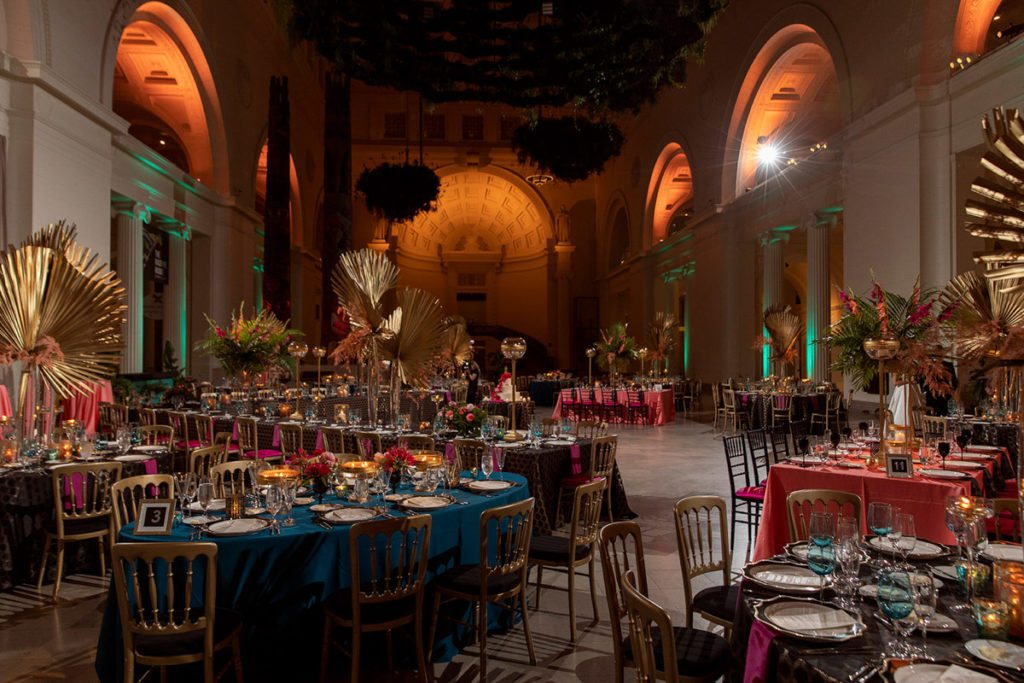
Point number four: trust the knowledge and instincts and network of your planner.
This is so very key in cultivating a forward-moving, positive planning experience. We develop our network of creatives that we collaborate with over time, based on good experiences and great results. Because we know the personalities, strengths, and processes of these vendors we can wholeheartedly stand behind them when we recommend them. That does not mean that a client shouldn’t ask about a company or creative that interests them. In fact, did you know that a planner can also do a little digging if you’ve got your eye on someone with whom that planner has never worked with? There really is no better way to find out if an up-and-coming creative is an amazing find or – gasp – difficult and not enjoyable than directly from someone who has worked with them before. Most of us within this industry are about 3 degrees of separation from most everyone else, so we can certainly assist with the diligence part of research, in addition to pairing you with creatives we believe are the right fit.
Point number five: use effective communication methods.
This is crucial in our current world of texting, speak-to-text, DM, email and all of the things that are occasionally exhausting to my 44-year-old self within the realm of technology. Planners want to keep track of communication and keep everything organized. We want to keep responsible records of communication, and there is more space in an email to explain a question or convert an idea. I have a section within my contract that explains that texting is not how we communicate because texts can get lost and it is hard to manage numerous text threads. It is just messy in my opinion, so we prefer to utilize emails to communicate and to schedule things as well, like calls and meetings. If a client would like to speak with us, we explain that scheduling that call is more effective than picking up the phone because within the planned call we have everything with us that we need to have an informed conversation versus catching us at a time when we do not have all of that information.
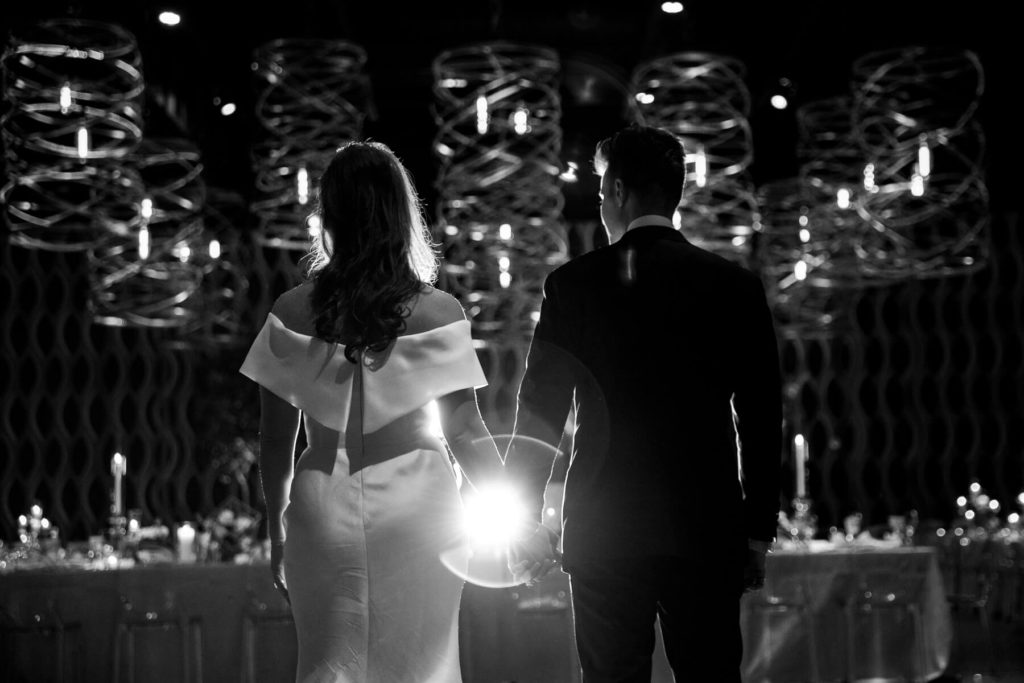
And last – point number six: understand that this is a business, and there are boundaries.
Oooh such a good one, right? Sometimes clients cannot wait to share something with a planner so they send a text at 10:00 pm when they are home and finally able to focus on the wedding. But that planner may have a 4:00 am wake-up call or early morning meeting and late-night texting is never a good idea. Aside from peak points in our calendars, we keep normal business hours. Basically, that text at 10:30 at night on a Tuesday is just not appropriate. This does, however, lend more credence to my point five though, that an email is written and sent at that time for the planner to reply to the next day, within normal business hours. There will be times throughout our process when we are on-site with another client, giving them the care and attention that goes along with doing our job. I would advise couples to be mindful of how important respecting that is, because one day, it will be that couple’s turn and we will want to extend the same care and attention to them as well.
We made it, friends and clients! Those are the six ways I believe that a client/couple can successfully begin a relationship with his, her or their planner.